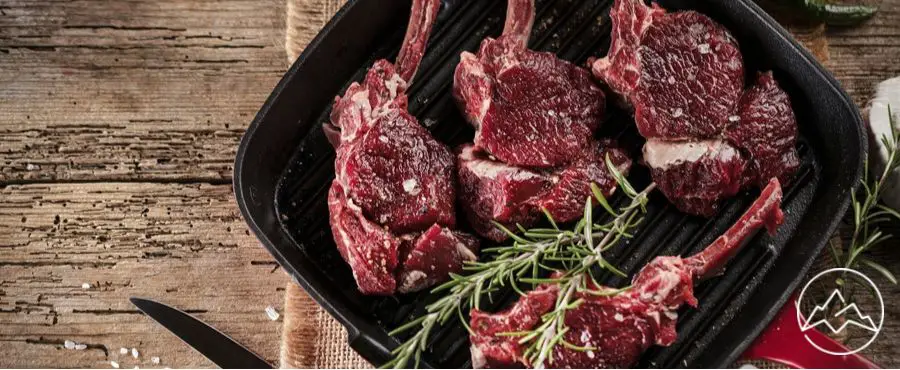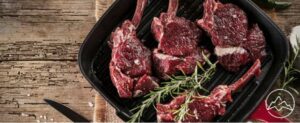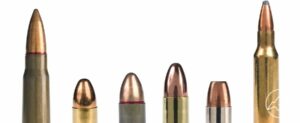We live in a world of convenience – almost anything can be purchased, any time of day or night, and it can literally arrive on your doorstep if you choose. Our biggest consistent purchasing has to do with food – we search for it, we think about it, we shop for it, but few of us actually hunt and prepare in ways similar to our ancestors.
Commercially-grown food might be convenient, but it has its setbacks; unappealing aspects of manufacturing, shipping, and preservation that make it less than desirable for consumption.Hunting vs consuming
When we shop for food at our local grocery store, we know very little about the production or harvesting methods of these foods – generally speaking, the more processed food is, the less likely it is to fulfill vital nutritional requirements that your body needs. Packages of meat may boast the words ‘free-range’ and ‘grass-fed’, but that doesn’t necessarily mean it is any more nutritious than the commercially grown and prepared food sitting right next to it. Knowing where your meat comes from is especially important for anyone following an all-meat diet plan.
The benefits
One of the best ways to ensure that you are getting quality food is through the process of hunting your own meat. Now before you close out this article, hear us out–there are some very marked health benefits that come with hunting and preparing your own food. Here are some reasons why you should consider learning this skill:
1. Believe it or not, hunting is more humane
One of the primary reasons that many people choose to go vegetarian or vegan is that they disagree with the methods and techniques of commercial meat preparation. In commercial preparation and packaging, there is little thought given to providing the animals with a quality life and a humane demise; hunting allows animals to live out their existence and be part of a natural order of life and population control. Animals are, for the most part, killed quickly and painlessly, and it is possible to use all parts of an animal to sustain and provide life. Deer, for instance, can be used for their delicious venison, and other parts of the animal such as the bones, organs, and even skin can be put to good use.
2. Hunting teaches a sustainable way of life
We are ENTIRELY too dependent on commercial society to provide all of our needs. Our homes, our water, and our food are all at the hands of someone else who has more skill to prepare them. When we learn to hunt, we are providing sustainability for ourselves and our loved ones. We are contributing to a natural cycle of life that has existed for thousands of years, and we are reducing our dependence on commercialism[/su_highlight]that breeds greed and excess. Learning to responsibly use resources as Mother Nature intended is a skill to be admired.
3. Wild game is healthier
Choosing to hunt over purchase is a healthier decision; wild meat tastes delicious, and it’s better for you. Animal products purchased commercially are full of excess fat, fillers, and harmful preservatives. When you choose to consume wild game, you don’t subject yourself to harmful chemical additives,[/su_highlight]and you get the best of what that animal has to offer in the way of vitamins, minerals, and premium nutrition.
4. Wild game tastes better
Animals like deer live on a diet of acorns, corn, grass, and vegetation that all come from natural sources. Animals that are raised commercially likely live on mass-produced feed and a diet of antibiotics to help fight the infection that commonly sets in when animals live in close quarters. In general, the purer an animal’s diet is, the better its meat is likely to taste.
5. Hunting is a cheaper way to obtain food
Sure, there are some upfront costs associated with taking up hunting, but once you have acquired these things, hunting is actually a very economical way to feed your family. With a hunting license, a rifle, and some items for food preparation, you can likely feed your family for an entire year with a few animals, instead of having to buy or purchase food every week from your local grocery store.
6. Hunting is fun
If you’re on one side of the fence, trying to explain the sport of hunting to someone who has never held a gun in his life, he’ll probably look at you as if you were crazy. Once you have had the opportunity to take down and responsibly source your first kill, however, with the experience of dealing with a magnificent creature and using it to sustain your family, you’ll understand what the appeal is. Learning to bring home the bacon has more nobility than simply buying it.











